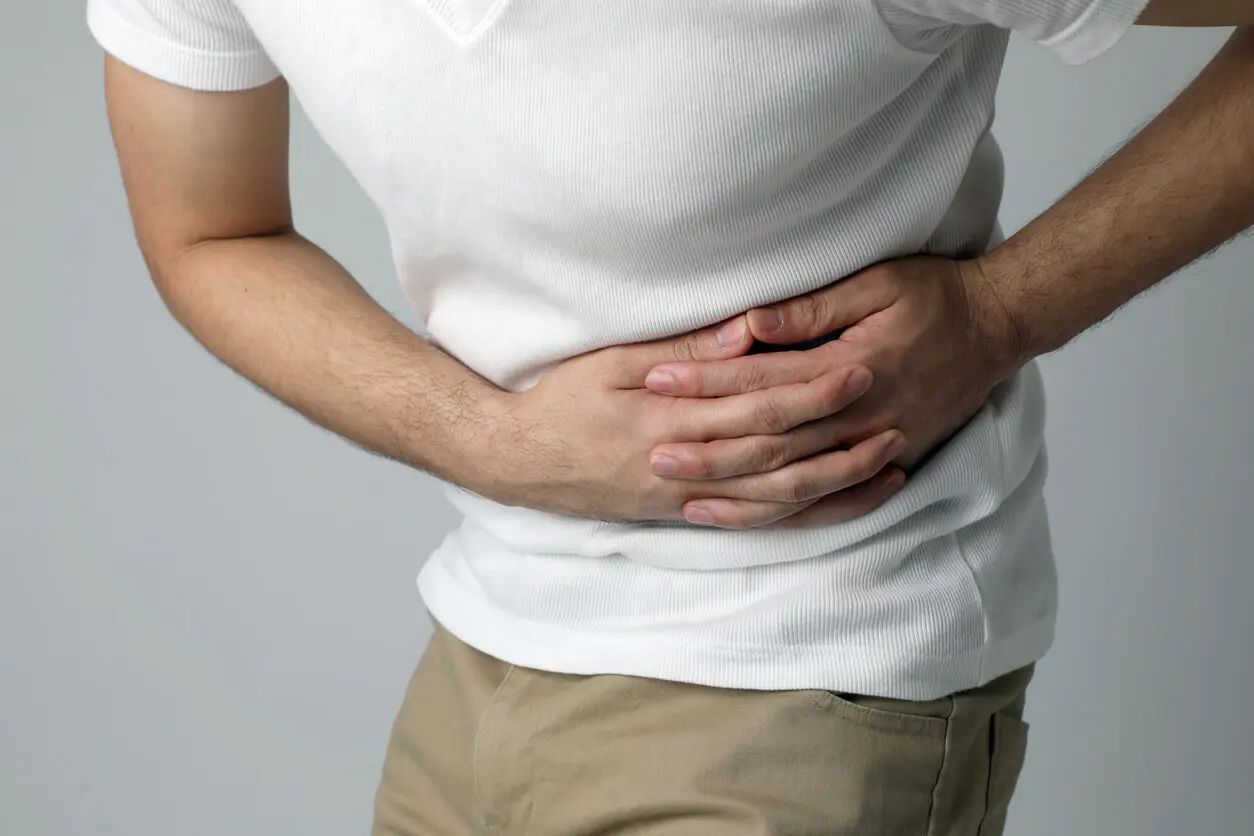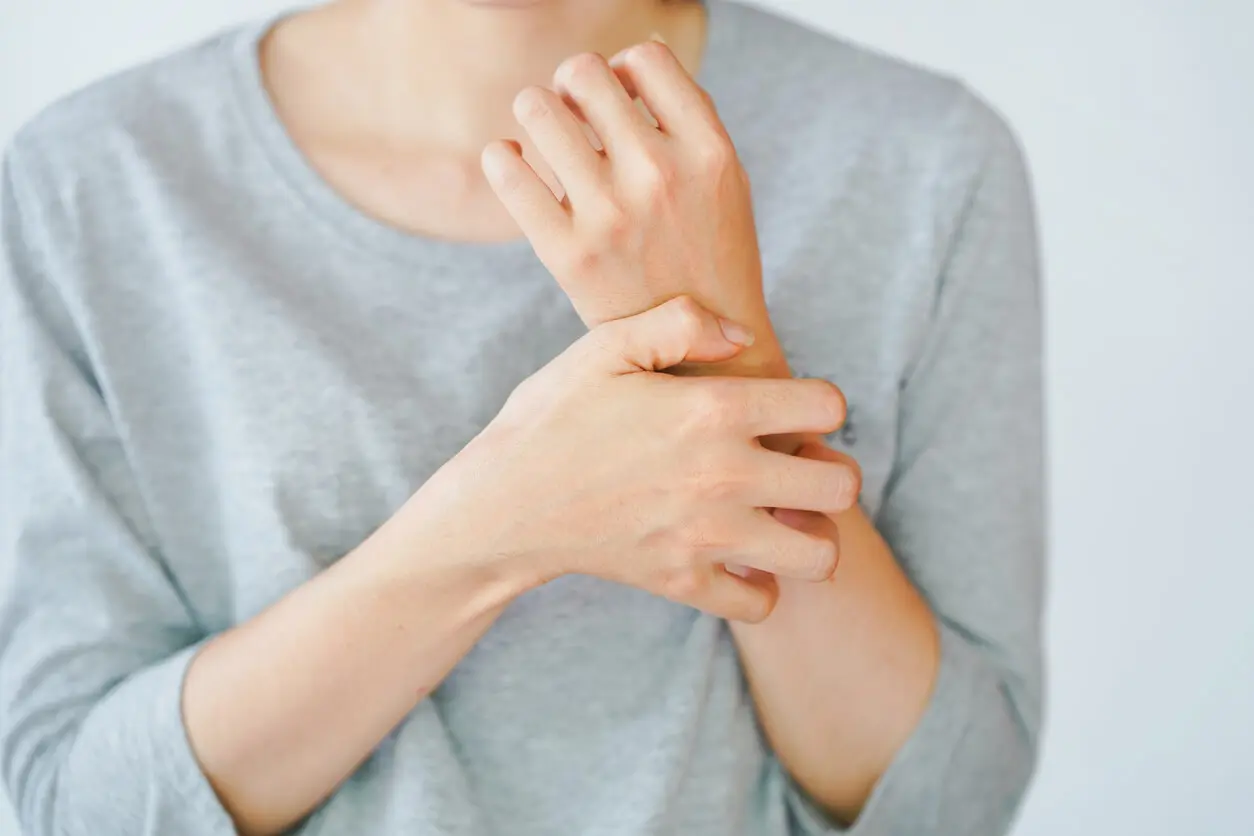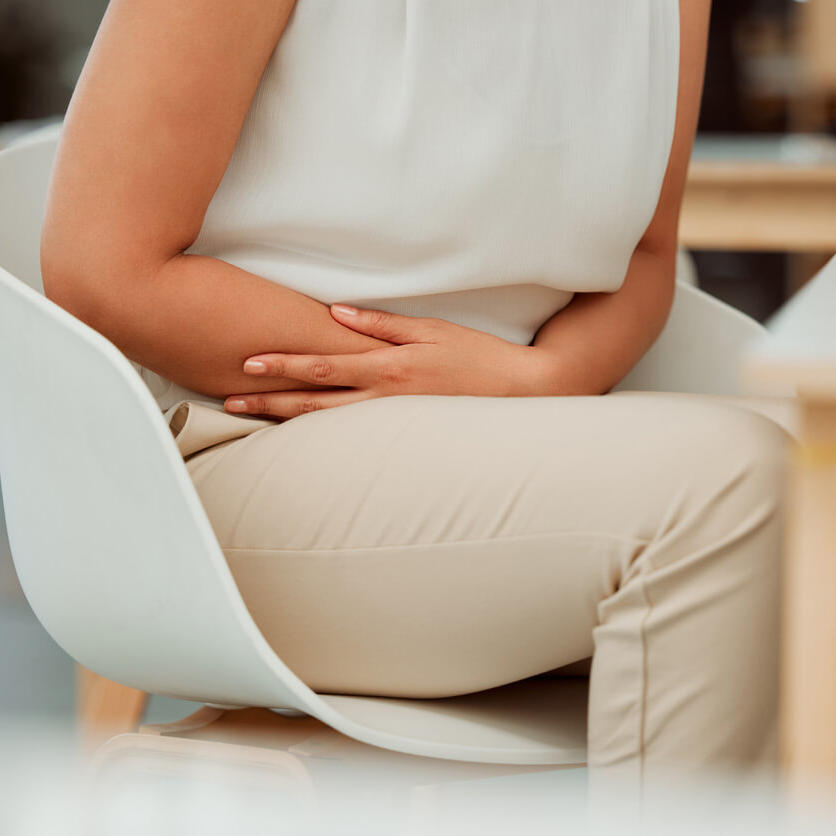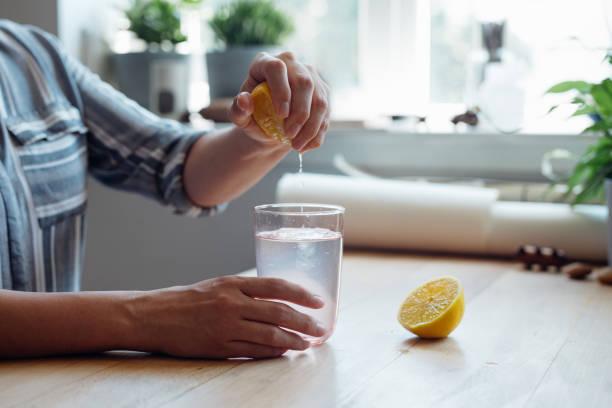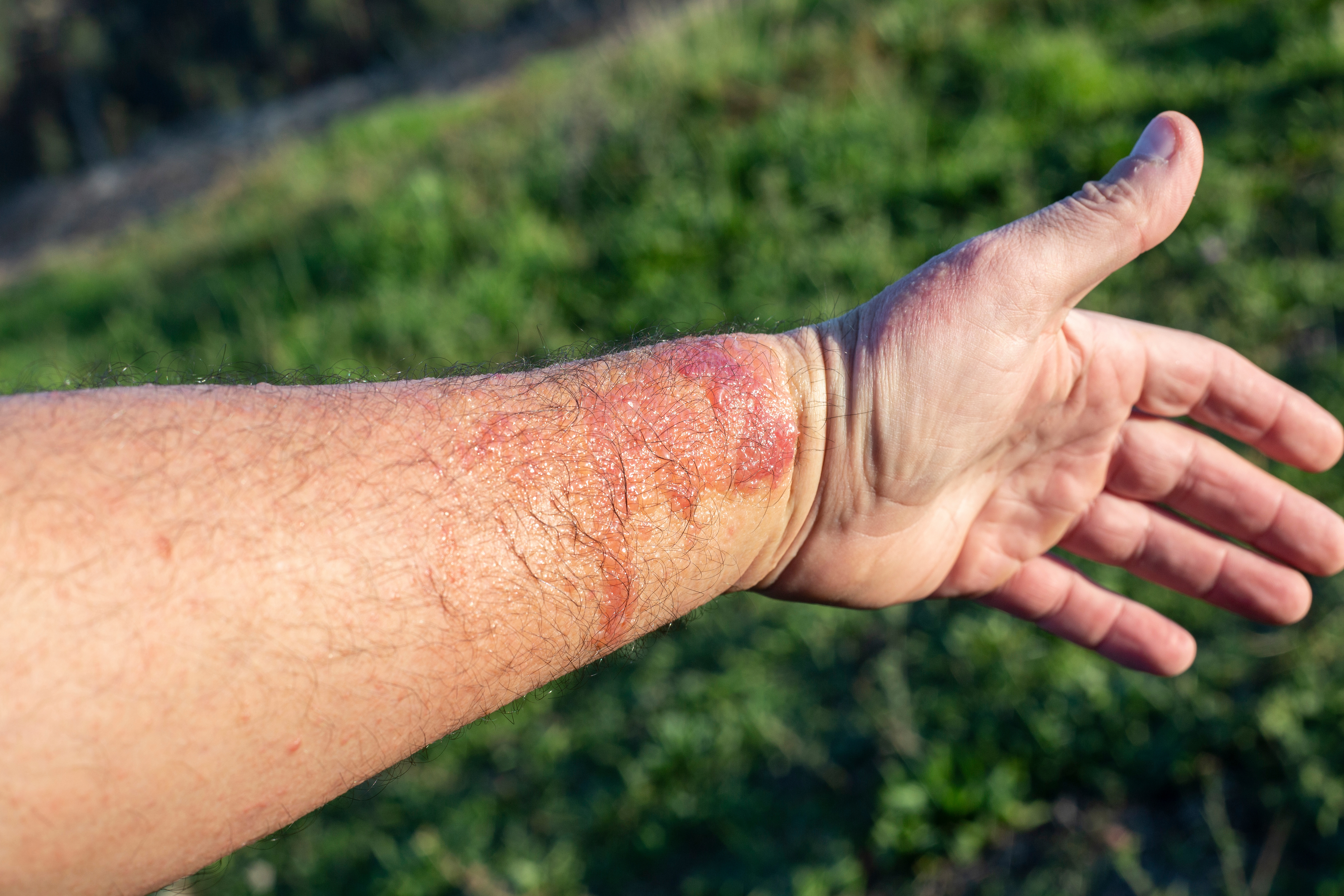Passing Kidney Stones Fast: Natural Remedies and Prevention
Key Takeaways
- Drink plenty of water (add lemon, apple cider vinegar, or celery juice if you like). This can help small stones wash out in about a month. Larger stones may need more time or require in-person care.
- If hydration and over-the-counter (OTC) pain relievers aren’t helping, a doctor may prescribe medication. They may also use sound waves or other devices to break up the stone.
- To prevent kidney stones, you should stay hydrated and ease up on salty, heavy-meat meals. Some types of stones (like uric acid stones) can be prevented with medication.
- You should see a doctor right away if you’re experiencing sharp back-side pain, bloody pee, or can’t pee at all.
Kidney stones are small mineral deposits that cause shooting pain. Ask anyone who’s had a kidney stone: they’re awful. And if you have one, you want to get rid of it as fast as possible. Passing a kidney stone can take a while. However, you can do a few things to speed up the process.
How to pass kidney stones as quickly as possible
Kidney stones (nephrolithiasis) are lumps of minerals or acids that build up in your kidneys. These substances can eventually harden, turning into “stones.”
Small kidney stones may cause little to no pain or discomfort. Larger stones, however, can be very painful. This is usually because they’re blocking some part of the urinary tract.
Your body releases kidney stones through the flow of urine. The time it takes to pass a kidney stone depends on its size:
- Smaller stones (around .16 inches) can pass through your body in about a month
- Bigger stones (over .16 inches) can take around two months to move through the urinary system
- Large stones (around .24 inches) may require surgery for removal
If a stone is big enough to cause pain or discomfort, it’s likely too large to pass within a few days. Naturally passing even a small stone may take several weeks to a month. But you can use several natural remedies to speed up the process and pass a kidney stone fast.
At-home remedies to pass a kidney stone fast
The best way to encourage the passing of a kidney stone is by drinking plenty of fluids. This means lots of water, fruit juice (like lemon and citrus juice), and celery juice. You can also mix in some apple cider vinegar (ACV) to help speed up the process.
Here are some common natural remedies to pass kidney stones quickly:
Drink enough water
Drinking plenty of water can help your body flush out kidney stones quickly. Men should drink about 15.5 cups of water per day. Women should aim for about 11.5 cups per day.
If you’re dealing with a kidney stone, it’s recommended that you drink at least 3 liters (12 cups) of water per day. This extra water will make you pee more, encouraging the kidney stone to move from your kidneys, through your ureters, and out of the body.Add lemon juice to your water
Studies show that lemon juice and other citrus juices can be helpful in getting rid of kidney stones. Lemons and citrus fruits contain citric acid (citrate), which can break up kidney stones into smaller pieces and make them easier to pass.
Add ½ cup of lemon juice concentrate, or the juice of two lemons, into your water daily to help a kidney stone pass.Try some apple cider vinegar
Apple cider vinegar (ACV) contains certain acids that can break kidney stones into smaller pieces. ACV also has some anti-inflammatory properties that may help reduce kidney stone pain, though research is limited.
To help pass kidney stones, add 2 tablespoons of ACV to drinking water. Do this once per day, and make sure to dilute it in water. Drinking it straight can cause acid reflux and damage your teeth’s enamel.Drink celery juice
A 2019 study found that flavonoids in celery juice helped break down kidney stones in lab animals. Celery juice is also a diuretic, meaning it helps your kidneys produce more urine. That extra urine can help move kidney stones through the urethra.
Sensing a theme here? Drinking enough fluids is the best way to help your body pass a kidney stone as fast as possible. Maintain your hydration with water, fruit juice, and celery juice. Drink less caffeine and alcohol. They can dehydrate you, a primary risk factor for kidney stones.
Medical treatment to pass a kidney stone fast
If drinking water isn’t doing the trick, you may want to talk to a primary care provider or urologist. Larger stones may not be able to pass on their own. If that's the case, the stones may require medical intervention for removal.
Below are some common medical treatments that are used to treat larger kidney stones:
Medication
Your healthcare provider may prescribe an alpha-blocker to help you pass a kidney stone. These medications can help relax muscles around the prostate and bladder. This helps urine flow more easily through the urinary tract. In turn, the improved urine flow makes it easier to pass a kidney stone.
The most commonly prescribed alpha blocker for kidney stones is Tamsulosin (Flomax). Tamsulosin can also reduce ureter spasms, waves of sharp pain caused by kidney disease or stones. Lessening these spasms can relieve severe pain brought on by kidney stones.Extracorporeal shock wave lithotripsy
Shock wave lithotripsy (ESWL) is a non-invasive procedure. It uses high-energy sound waves to break large stones into smaller pieces. Those fragments can then pass through the urethra more easily. ESWL requires hospitalization for a few days.Ureteroscopy
A ureteroscopy is a minimally invasive procedure. It involves inserting a ureteroscope, a small instrument, through the urethra into the kidneys. It can retrieve stones or break up larger ones with a laser.Percutaneous nephrolithotomy
A percutaneous nephrolithotomy involves inserting an endoscope directly into the kidney through a small cut in the back. Stones are broken up with a laser or ultrasound probe and removed through the incision. A stent is then placed in the urinary tract to help stones pass. You may need to remain in the hospital for several days after this procedure.
There's no doubt about it: kidney stones hurt. If you're experiencing pain while waiting to get care, an OTC pain reliever might help. Options include ibuprofen (Advil) or acetaminophen (Tylenol). These medications can make you feel more comfortable until you see your provider.
When to see a doctor
Smaller kidney stones might not cause any symptoms at all. You may have a kidney stone and not know it. However, these mineral masses may start causing problems as they get bigger.
Common symptoms of kidney stones include:
- Sharp pain in the lower back, side, abdomen, or groin
- Kidney stone pain with nausea or vomiting
- Pain during urination
- Blood in the urine
- Frequent urges to urinate
- Inability to urinate
- Fever or chills
- Cloudy or foul-smelling urine
One or more of these symptoms may be a sign that you have a kidney stone. If you experience any of these symptoms, talk to a healthcare provider right away.
Preventing kidney stones
There is no sure way to prevent kidney stones. However, you can lower your risk with these healthy habits.
Drink plenty of fluids
When you're dehydrated, calcium and uric acid can build up in your kidneys, which can lead to kidney stones. Fluids help prevent this by diluting your urine's mineral and acid content.
Try to limit caffeine, fizzy drinks, and sugary beverages. These drinks can contribute to kidney stone formation.Eat a balanced diet
Eating lots of animal protein can increase your risk of kidney stones. Animal protein encourages the body to make calcium and calcium oxalate. These substances can harden into kidney stones.
Instead, try to balance your diet with plenty of fruits, vegetables, and whole grains. Opt for lean protein sources and monitor how much calcium and sodium you eat.Take a citrate supplement
If you have a history of kidney stones, you will likely develop new stones in the future. Talk to your provider about citrate supplements, which increase citrate levels in your urine.
As noted above, citrate breaks down and protects against the formation of kidney stones. Make sure to seek medical advice before starting a supplement.
How Sesame can help
Experiencing symptoms of a kidney stone? A provider on Sesame may be able to help during an online doctor visit, especially if you have a history of kidney stones.
During your visit, your provider can review your symptoms and order a urinalysis if necessary. They can also prescribe medication to help manage the pain or aid in passing the stone, if appropriate.
If your pain is severe, your provider may recommend a CT scan or refer you to a primary care provider or urologist. They may also recommend emergency room evaluation depending on how severe your symptoms are.

